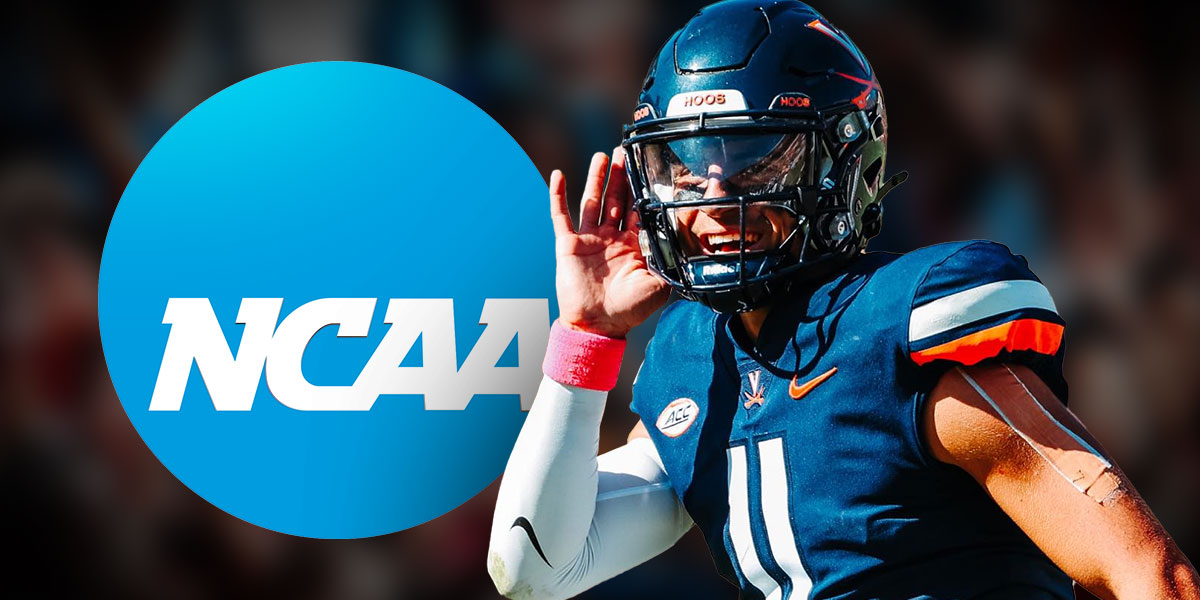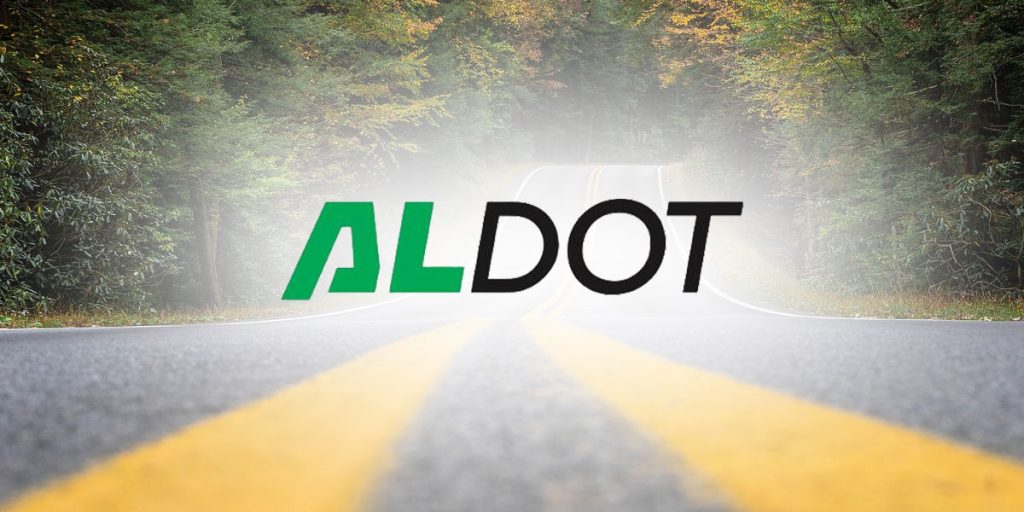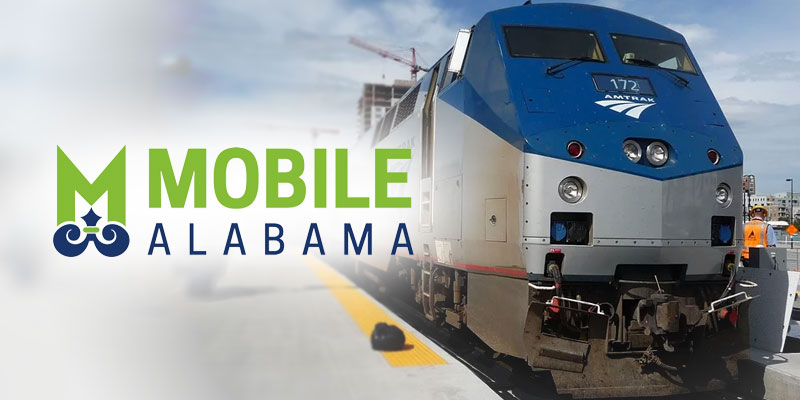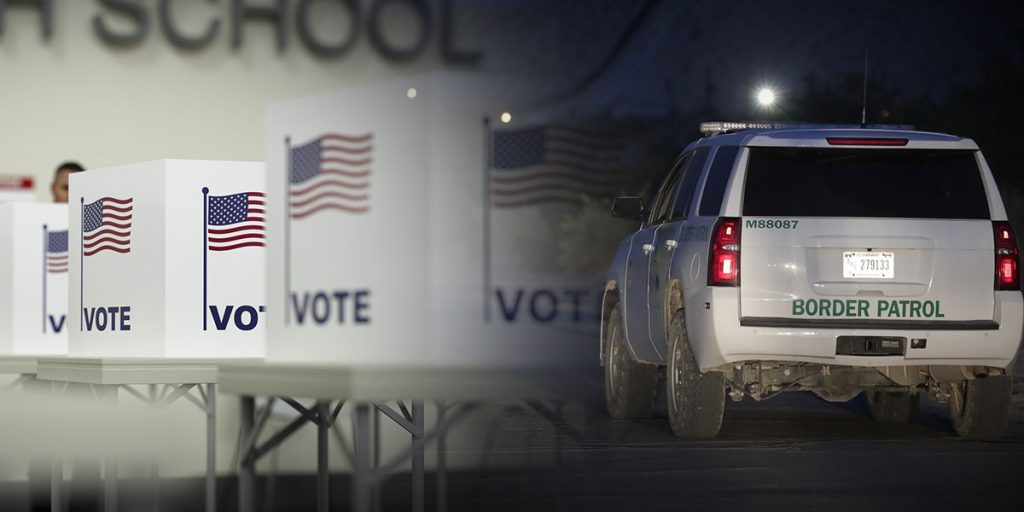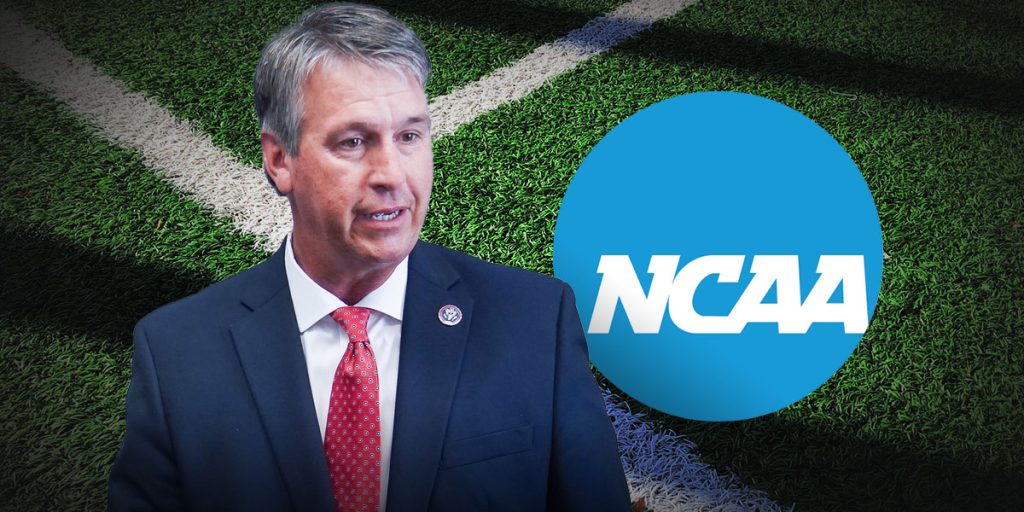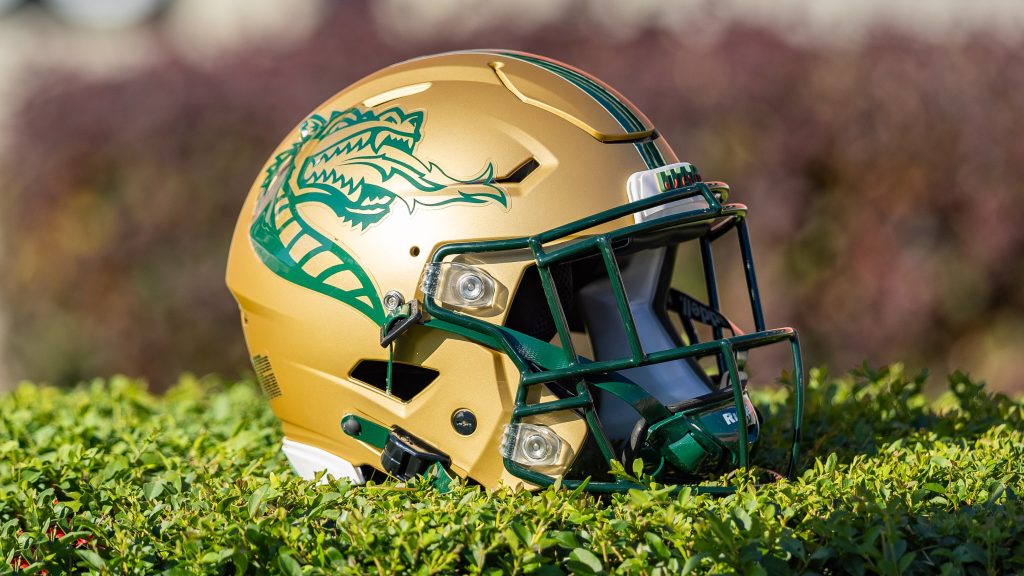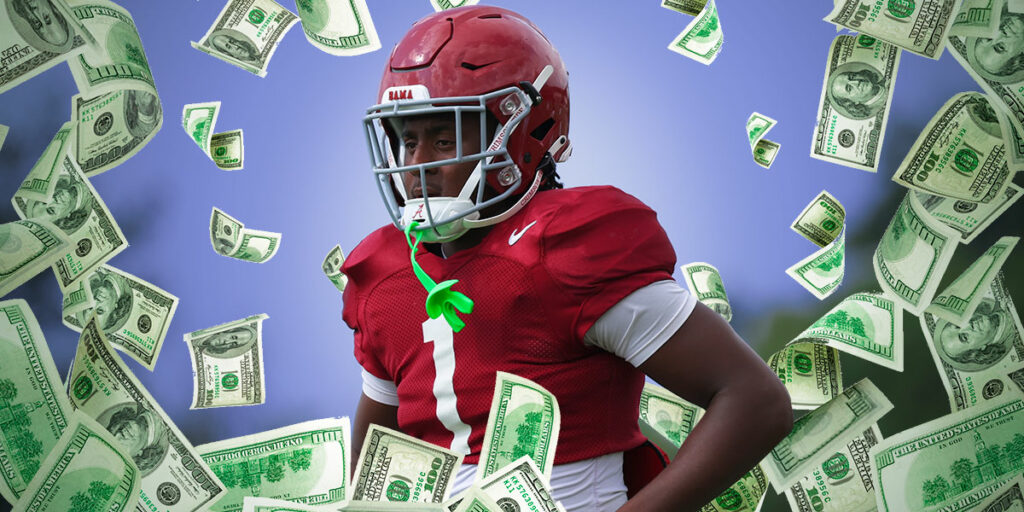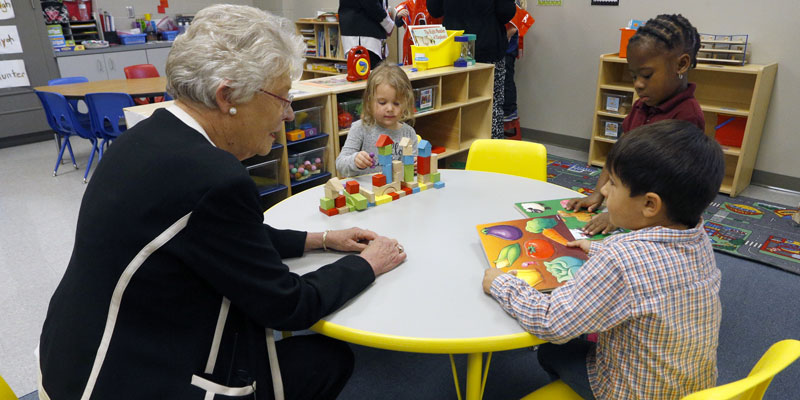Thursday morning, Virginia governor Glenn Youngkin signed into law legislation permitting Virginia’s universities to directly sign student-athletes to Name, Image, and Likeness (NIL) deals, a development that could spell massive changes across college athletics.
The NCAA currently prohibits schools from directly paying players, meaning most NIL money is raised and distributed through third-party organizations called collectives. For example, many of the University of Alabama’s NIL resources are distributed through Yea Alabama, which is not directly affiliated with UA.
Virginia’s new law, going into effect on July 1, contradicts the NCAA’s rule. The bill will make it illegal for the NCAA to punish schools for “violat[ing] [the NCAA’s] rules or regulations concerning name, image, or likeness.” Schools in Virginia will still not be able to pay players based on their on-field performance, but will be able to use athletic department resources to compensate athletes for appearing in campaigns and promotions.
The law won’t yet render collectives obsolete — there are too many moving parts and not enough open communication for that to be realistic, said University of Virginia Athletic Director Carla Williams — but it will bring collectives and athletic departments closer to unified entities.
In December, NCAA president Charlie Baker proposed that all schools have the ability to pay athletes via NIL deals, but “the schools who actually make the rules have thus far balked at bringing the athlete marketplace inside the athletic department’s control,” according to ESPN’s Dan Murphy.
https://twitter.com/DanMurphyESPN/status/1780977244141133991
Virginia’s new legislation may force the issue. If powerful members of D1 athletics don’t expedite their process and bring Baker’s proposal to a vote, the commonwealth’s schools could enjoy a significant recruiting advantage.
The bill is the latest in a series of state-level legislation across the country usurping the NCAA. Prominent NIL attorney Mit Winter, a former basketball player at William & Mary, told a Charlottesville newspaper that “he doesn’t think the NCAA has a whole lot of legal recourse” and pointed out the NCAA’s recent losing streak in court against lawsuits from the attorney generals of Virginia and Tennessee.
Youngkin emphasized his desire to see NIL governed by “colleges and universities,” not by parties like the NCAA.
“This bill takes a most important step that we in fact are first going to make sure that our institutions of higher education, our colleges and universities, are at the forefront with policies and procedures that they can review and approve, that they in fact can help manage this,” said the governor. “This is going to be a program that’s going to be managed by Virginia’s universities and colleges and not by outside institutions or associations.”
RELATED: Nick Saban, U.S. Senators want to regulate NIL before it’s too late
The bill also explicitly stated that Virginia student-athletes will still not be considered employees.
Several figures representing Virginia’s D1 universities attended the bill’s signing, all of whom lobbied for NIL legislation.
“We are thankful to the state legislature and Governor Youngkin for their proactive work in the NIL space,” said Virginia Tech athletic director Whit Babcock. “We take care of our student-athletes and recognize the value they bring to ensure the longstanding success of our athletic programs.”
UVA’s Williams thanked legislators “for ensuring student-athletes in Virginia have every opportunity to take full advantage of NIL.”
“Ultimately, and most importantly, we have an opportunity to fully support our student-athletes and coaches in NIL activities,” she added.
Charles Vaughan is a contributing writer for Yellowhammer News.




